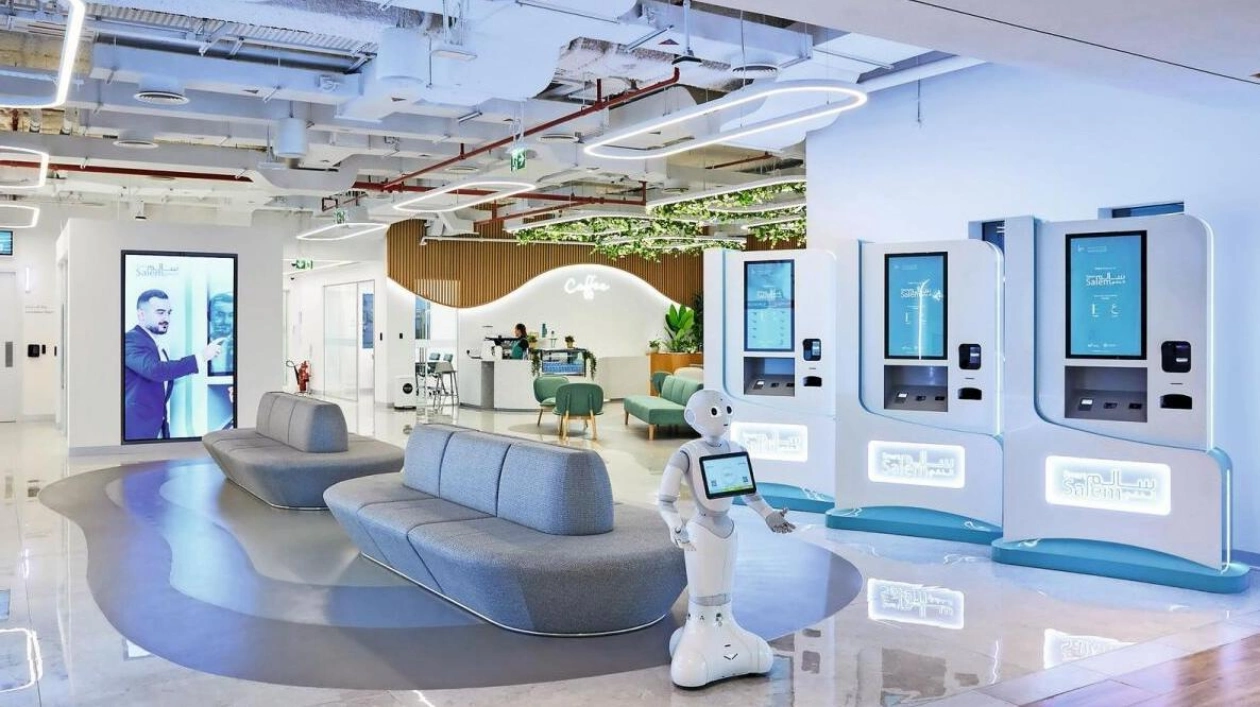The healthcare sector is on the cusp of a technological transformation, fueled by the rapid advancements in Artificial Intelligence (AI). Over the past few years, AI has significantly enhanced diagnostics, improved treatment outcomes, and streamlined patient care. By leveraging vast amounts of data, AI is enabling healthcare providers to make more accurate predictions, detect diseases earlier, and deliver personalized treatment plans tailored to individual patient needs.
From AI-powered medical imaging systems that expedite diagnoses to sophisticated algorithms that predict patient outcomes with greater precision, the potential of AI in healthcare is immense. It also holds the promise of making healthcare more accessible, efficient, and cost-effective, especially in areas with limited medical resources. Simultaneously, AI is transforming clinician-patient interactions, allowing clinicians to focus more on patient care and less on administrative tasks.
Amanda Gravitis, CEO of Smart Salem, envisions a future where AI plays a central role in transforming patient care, optimizing medical practices, and enhancing patient outcomes. As AI continues to evolve, Gravitis sees it becoming an integral part of health systems, revolutionizing how healthcare providers approach diagnostics, treatment, and patient interaction.
In this exclusive feature, Gravitis shares her insights on the challenges and opportunities of AI in healthcare, its current and future impact, and the importance of maintaining the human touch in an increasingly digital world. Gravitis believes that AI will fundamentally change the healthcare landscape within the next five years. AI will become a fully integrated element of existing health systems across the entire clinical journey, universalizing access and enhancing diagnostic speed, accuracy, and insights.
She highlights how AI will not only improve diagnostic efficiency but also personalize treatment plans. Gravitis emphasizes that while AI enhances efficiency, the human element remains vital in patient care. Despite the tremendous potential, challenges remain in integrating AI into healthcare systems, including concerns around data security, ethical issues, and the need for widespread training.
As AI continues to evolve, its integration into healthcare promises to reshape the entire patient care experience, making it more proactive, personalized, and efficient than ever before. Gravitis sees AI as a transformative force in healthcare that will improve diagnostics, personalize treatment, and enable better patient outcomes. However, she emphasizes the importance of collaboration, data security, and maintaining the human element in patient care as essential components for success.
Source link: https://www.khaleejtimes.com






